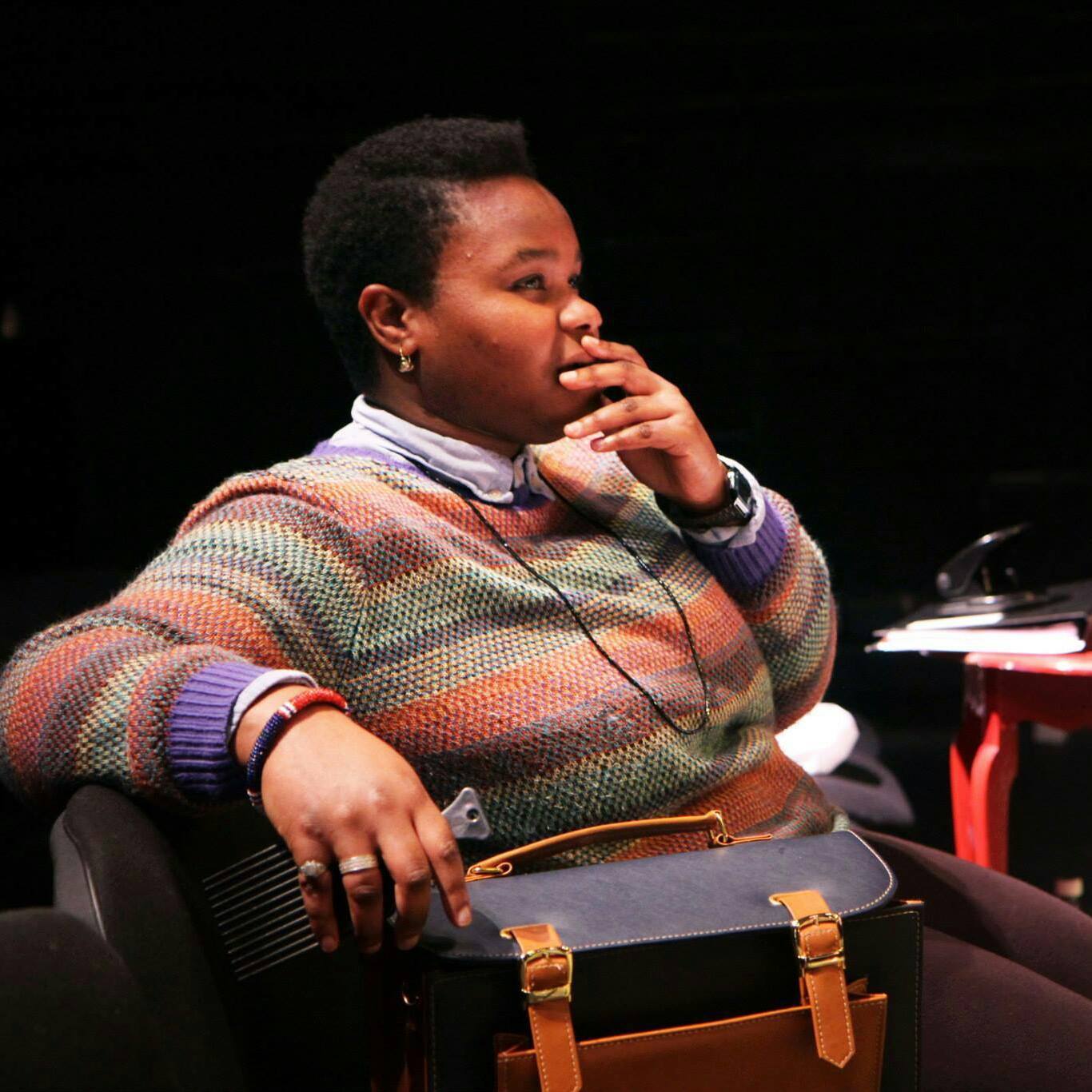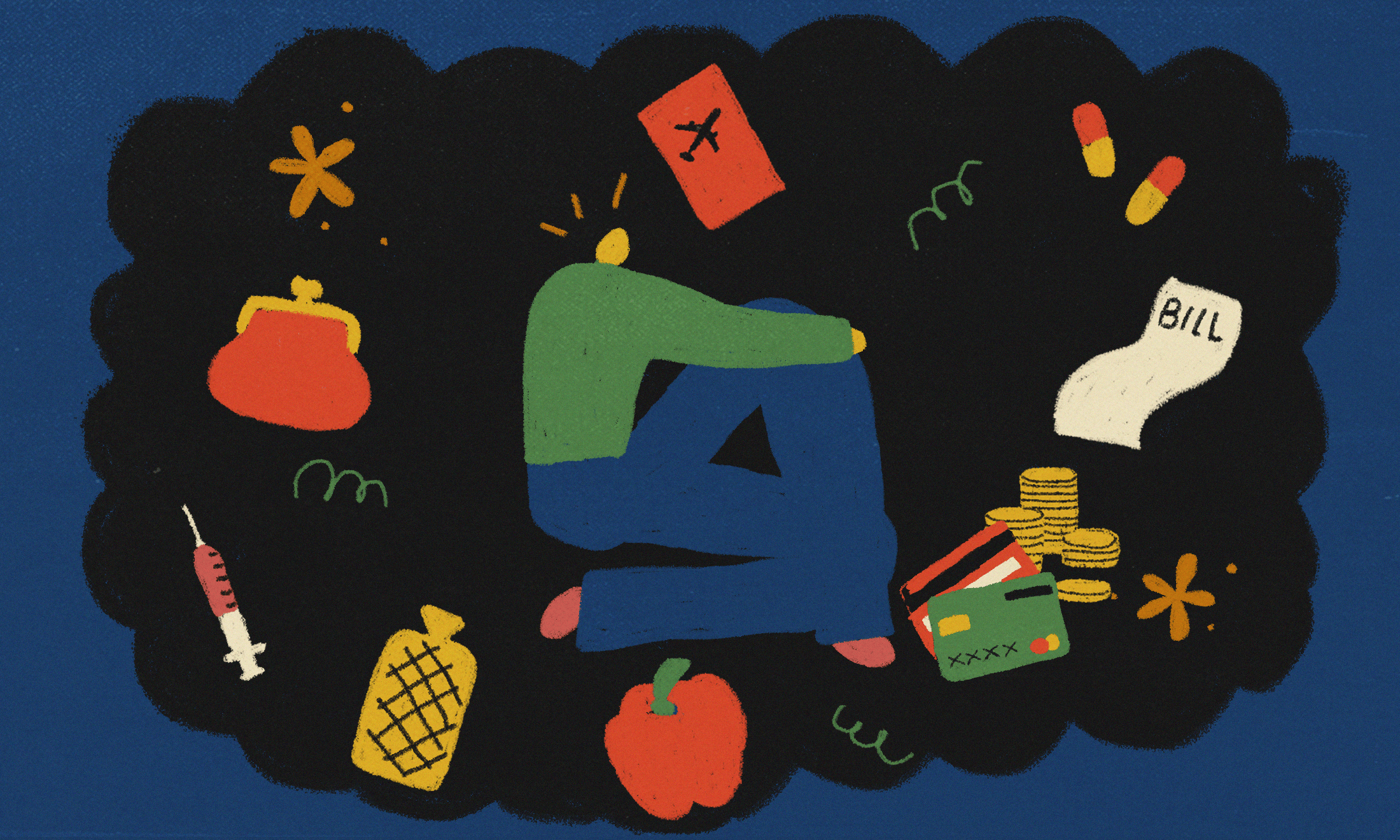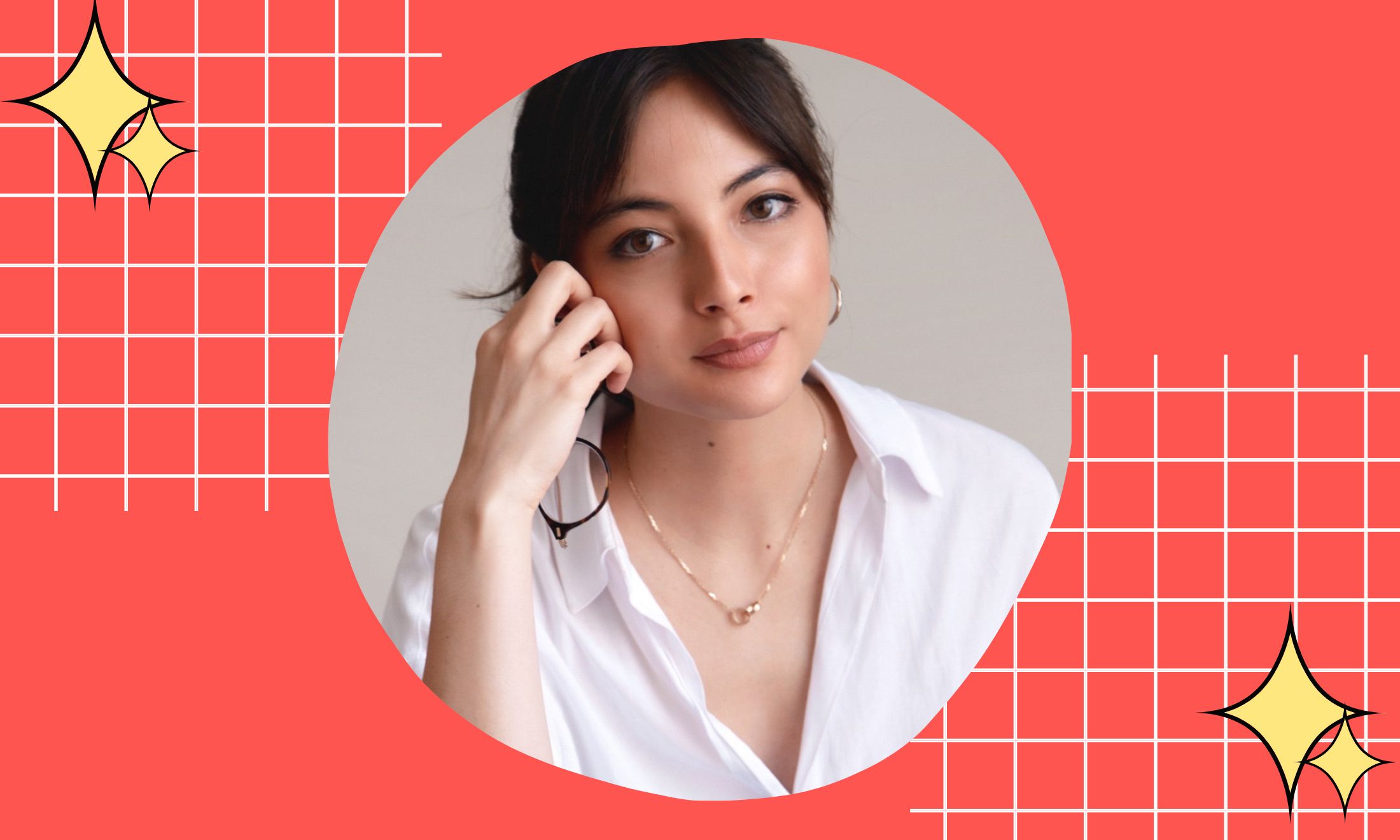
“I love that – I’m all about making people feel uncomfortable!”
I’m chatting to Joy Gharoro-Akpojotor, having seen her powerful play The Immigrant at the 2016 Africa Writes festival. Organised by the Royal African Society, Africa Writes celebrates the best in current literature from the continent in all its shapes and forms, and Joy’s play was the centrepiece of this summer’s weekend event.
The Immigrant is a glimpse into a possible alternative future, where quintessential, Oxbridge-esque Brit Oliver (played by Edmund Wiseman) tries to wear down the impermeable African Union border official Usman (Damola Adelaja) with emotional appeals to be granted asylum. Over the course of an hour and a half, both men reveal the layers to their respective desperation and hostility. What Gharoro achieves so effortlessly through the powerful prose is that this kind of future is in fact a very real and terrifying possibility; particularly salient in the cold, harsh light of post-Brexit Britain. Yet she does so without making either character a victim, or a caricature, and it is these subtleties that left me thinking about it long after the production had finished.
Joy tells me she was “born writing. I wrote my first book at 11 and from then I knew that I wanted to write and tell female stories, especially stories based around migration and race as they were based on my own experiences.”
In 2012, she was commissioned to develop a play at Theatre Royal Stratford East, called Sunday. With the plot line based around a Nigerian girl who comes out to her religious mother, I ask Joy about her motivations and inspirations for her work. “Queer stories interest me – incorporating these narratives normalizes queerness. I try to write not about someone who is gay, but someone who happens to be gay, and give these kinds of stories a voice. I also think it’s important to give the story of the migrant, and well, as for female stories…there’s not a lot of those! I was born in Nigeria, and lived in Brunei ages 5-11, after this I went to boarding school in Nigeria and came to Britain aged 16 with refugee status. What I always try to do is give a sense of the ownership of the story and its voice by creating my own space.”
She opens up more about the importance of personal experience, commenting that “as artists, we are here to represent the times and we can make people think about current social issues with the platform we’re given. It’s like we can plant that seed of making people consider ‘ok, so we have A, B and C, what’s happening here?’ Lots of my writing also comes from a place of personal experience, like Sunday is very personal to me. Also with The Immigrant, I used to work in a betting shop in Dagenham and so some of the ideas for the piece originated from my experiences there. It’s so important; you share experiences with other people and they can connect with your work on a personal level, but at the same time, people and audiences bring their own baggage and own lived experiences when they respond to your work.”
I ask about the creative process behind The Immigrant, and how the piece has developed since it was first performed last year. “The process…well, I’ll come with a script, we’ll workshop and talk it through and do a bit of improv. It’s important for the actor to know who they’re playing. In the creating The Immigrant, we spoke a lot about race and what that meant for us, with the input of our stage manager, who was Lithuanian. I knew Damola but we were still looking for someone right for Oliver, somebody open to talking about race and being honest, and we got really lucky with Edmund.
It’s about exploring how we feel as humans, and then I did the rewrites based around those conversations about immigration and what that meant. Oliver’s character had the challenge of trying to find a human way and appeal to break the system, whereas Usman’s viewpoint is like ‘well, what makes you different?’ The development process here was about trialling different tones and finding different emotion; high energy and force has to be balanced.”
We talk more about the inspiration for the play, particularly in the light of the EU referendum. I ask more about the breakdown of each character and the creation of their backstories, to which Joy says, “I think family is always interesting and the piece is in a way about the things you do for love and family. Often, the way immigration is presented, it’s as if subjects have no family; part of that changed with the image of Aylan Kurdi and his father which brought a human element to the crisis. And of course, border officials have families too, and we shouldn’t forget they’re deindividualised as well. I deliberately included references to the families of both characters to highlight that they ae people and motivated by the ones they love.”
And what about those post-Brexit feels? Joy sighs, “Brexit…I think we’re still in a bit of a limbo bubble. People want to protect what they see as theirs. Fear of immigrants ultimately comes down to fear of someone stealing what you see as yours, which is the attitude we see in Usman. My personal feeling post-Brexit? I think it will get worse before it gets better. People are scared of immigration, but Britian has sold itself as the place to come to. The irony of Usman’s character is that he’s scared because his job is an everyday job, and so this reveals the politics and tensions of being trapped in a system.”
So what’s next for the play, and for Joy’s future projects? “I’m sending it out to see what happens, the Royal Court have gotten in touch so that’s exciting. I’m also working on a film at the moment pegged for release some time in 2018, about female asylum seekers being forced to provide proof of being gay. It’s essentially exploring how the system doesn’t work to help asylum seekers in general. I want to tell queer WoC stories and what people face in other countries, to encourage people to see the world outside of their current prism. Growing up gay and in Nigeria has been a formative part of that ambition.”
And finally, I ask Joy what have been some of her memorable experiences as a woman of colour in a creative industry, and if she has any words of wisdom for others who want to do the same. She pauses for a moment. “It’s so important to understand what you’re working within. WoC need to create their own space, because no one’s going to do it for us. I find ways to take elements of the system and use it to my advantage. It’s all about telling your story and seeing it as an advantage, because ultimately, there’s no one else to tell it. Know yourself and be true to yourself and your boundaries. If you don’t know who you are, someone else will take it upon themselves to tell you who you are – which is the worst. Put in work and be realistic about expectations – be willing to start from nothing. I can’t remember who said it but I always try and live by ‘if the elevator to success is broken, take the stairs’! You have to put in the hard work, set realistic goals, keep pushing forward and keep grafting.”
Follow Joy on twitter at @JoyGharoro, or her work as part of Cargo Collective here.









